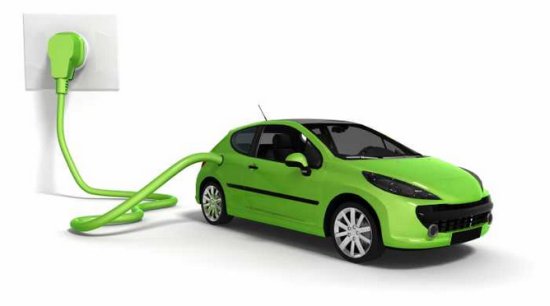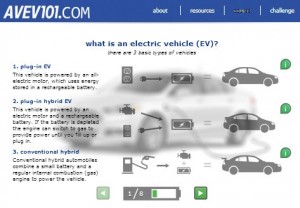For those of you championing the benefits of plug-in electric vehicles, here’s a few points you may want to mention…..
- Nissan is sharing real-world experience from Leaf owners on its website. Those interested can submit questions that will be answered by Leaf owners who drive the electric cars every day. Range anxiety continues to be the leading concern; owners say that the Leaf’s EPA rating of 84 miles on a charge is more than adequate for suburban or urban commuting. Two Leaf owners did run out of energy while driving – one of them was stranded by a closed charging station and the other admitted not having learned how to read the car’s range meter.
- US electric vehicle owners saved themselves $100 million last year by not having to buy gasoline. The Union of Concerned Scientists said that 160,000 Americans saved that much by not having to go to gas stations and buy 45 million gallons of gasoline last year. Carbon reduction is another point to make; for example, California EV drivers were able to reduce emissions of carbon dioxide by 140,000 tons last year.
- A new report from the World Health Organization (WHO) estimates one of every eight deaths around the world can be traced back to exposure to air pollution. WHO estimates that in 2012 about seven million people died as a result of air pollution exposure. Government agencies around the world are expecting EVs (along with other zero emission vehicles such as plug-in hybrids and hydrogen fuel cell vehicles) to play a significant role in reducing air pollution and greenhouse gas emissions.
- As I’ve discovered talking to stakeholders in alternative fuel vehicles, being able to effectively answer questions from consumers, fleets, company executives, and regulatory agencies, is essential for growth in adoption of EVs and other fuels and technologies. Education and public awareness programs are very much needed. Some of the issues that typically come up during conversations include:
- Where the electricity comes from – coal versus cleaner energy.
- Lifecycle ownership costs, price comparisons to similar gasoline-engine cars, maintenance, and resale values.
- Safety issues for EV owners and first responders in the event of a crash.
- Where the EV battery technology is going – becoming lighter, longer range, and less expensive.
- Charging infrastructure – how many charging stations are being installed, how available and reliable are the chargers, and the cost of charging.
- What will it take for fast chargers to become more widely available.


